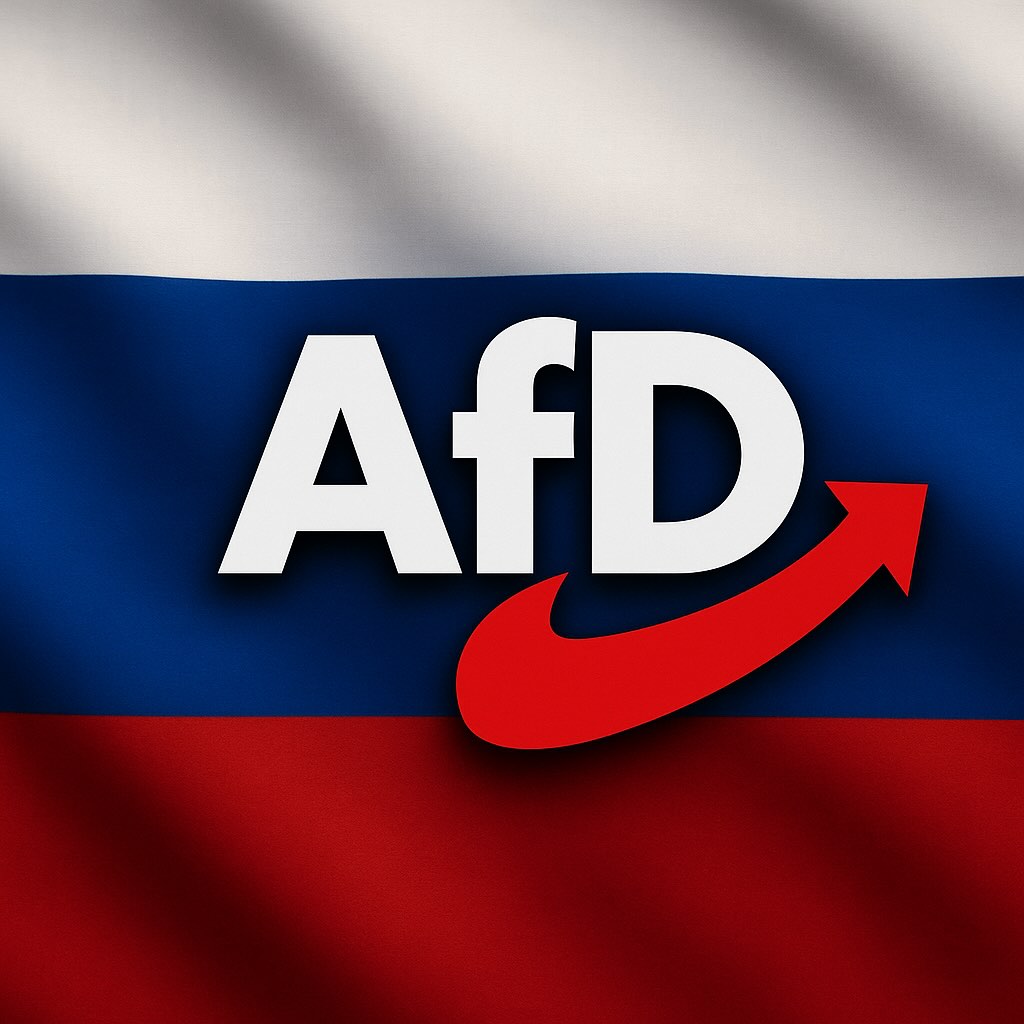Politics covers EU institutions and decision-making, national politics across Member States, elections and party dynamics, and the interaction between Brussels and national capitals. Reporting includes legislation and oversight, rule-of-law issues, coalition building, council summits, parliamentary activity, appointments and mandates, and Europe’s external relations where they intersect with domestic politics.
Every November, senior Russian officials host a discreet conference in the Black Sea resort of Sochi. According to internal Kremlin documents obtained by Der Spiegel, the meetings are designed to cultivate political allies across Europe – with Germany’s Alternative für Deutschland (AfD) now at the centre of the operation.
This year’s event, billed as a “BRICS–Europe symposium”, is scheduled for mid-November in Sochi. AfD Bundestag members Steffen Kotré and Rainer Rothfuss, Saxony party leader Jörg Urban and European Parliament member Hans Neuhoff are listed among the expected participants. Party officials say the trip is intended to “keep channels of communication with Russia open” and to discuss economic and energy issues.
The political backlash in Germany has been immediate. CSU general secretary Martin Huber has described the journey as “treason” and accused AfD of acting as “a mouthpiece for Moscow”. CDU foreign policy specialist Roderich Kiesewetter has argued that the visit risks turning AfD into a deliberate instrument of Russia’s “hybrid war” against Germany and the EU, and has called for a formal examination of whether the party should face a ban procedure.
Internal tensions within AfD have also come to the surface. Co-chair Alice Weidel has publicly criticised the Sochi plans and moved to curtail at least part of the delegation’s programme, with Rothfuss now saying he will not travel. Weidel has questioned the purpose of high-profile meetings with senior Russian figures at a time when Germany’s security services intensify their scrutiny of Russian interference.
At the heart of the controversy are documents from earlier Sochi conferences, cited by Der Spiegel reporters Fabian Hellenthal, Ann-Katrin Müller, Marcel Rosenbach, Fidelius Schmid and Wolf Wiedmann-Schmidt. The papers describe a series of annual gatherings attended by sitting and former MPs, ex-ministers and retired intelligence chiefs from several European states. Dmitry Medvedev, former Russian president and now deputy head of Russia’s Security Council, is presented as the political figurehead of the events, while Vladimir Putin appears as the ultimate decision-maker.
In one memorandum quoted by German media, Medvedev is said to urge that such meetings be held “more frequently and on a larger scale”, describing them as effective in advancing Russian interests in Europe. The same material records discussions on how invitations to European politicians should not come directly from the Kremlin but instead be routed through apparently independent structures linked to BRICS or civil-society organisations – a pattern which matches the current branding of the Sochi event as a BRICS-related forum rather than a Russian state initiative.
The Sochi gatherings form part of a wider influence network built around pro-Kremlin Ukrainian politician Viktor Medvedchuk and his long-time foreign-relations operative, Oleg Voloshyn. Intelligence services and investigative media have linked Medvedchuk to the now-defunct propaganda platform Voice of Europe and to efforts to channel money to far-right and Eurosceptic politicians in several EU member states.
EU Council Expands Personal Sanctions in Response to Russian Destabilisation Efforts
Voloshyn, who previously worked on Medvedchuk’s Opposition Platform–For Life party, has been identified in investigations as a key fixer in this network. A European Parliament resolution notes ongoing probes into alleged payments from Voloshyn to AfD MEP Maximilian Krah, while reporting by Le Monde and the Washington Post traces his role in cultivating far-right figures through the Voice of Europe operation in Prague.
The most concrete example of this model has emerged in the United Kingdom. Former MEP Nathan Gill, ex-leader of Reform UK in Wales, has pleaded guilty to multiple counts of bribery for accepting payments from Voloshyn in exchange for pro-Russian statements and parliamentary interventions between 2018 and 2020. Court documents and subsequent analysis show that the payments were disguised as fees for media work, while WhatsApp messages set out lines favourable to Russia and Medvedchuk-linked media.
In Germany, Rainer Rothfuss has for years maintained links to Russia through the association Druschba Global, which organises “friendship” tours and “peace rides” to Russian cities, including Crimea. Academic and media studies describe the group’s activities as part of a broader pattern of Russian “cultural diplomacy” aimed at softening European opinion on Moscow and, in the case of Crimea, normalising the peninsula’s occupation.
These developments add to longer-running concerns about AfD’s relationship with Russia. German domestic intelligence already treats parts of the party as a suspected extremist organisation, and investigations into the Voice of Europe scandal have brought AfD figures into focus alongside other far-right politicians across the EU.
The latest remarks by AfD co-chair Tino Chrupalla have sharpened the debate. In a recent appearance on ZDF’s Markus Lanz he stated that “Putin has done nothing to me personally” and said he saw “no current danger for Germany from Russia”, while suggesting that Poland could in some circumstances represent a security risk. The comments provoked criticism from coalition politicians and from within AfD, where defence specialists warned against “denying security realities”.
For German authorities and EU partners, the Sochi meetings and the emerging documentary evidence do not just raise questions about one controversial trip. They point to a structured, long-term attempt by Moscow to embed sympathetic voices inside European legislatures, using a mixture of conferences, media platforms and covert funding – a challenge that national security agencies now treat as integral to the wider confrontation over Russia’s war against Ukraine.
AfD split over Sochi BRICS–Europe trip as Weidel moves to curb “Russia junkets”


